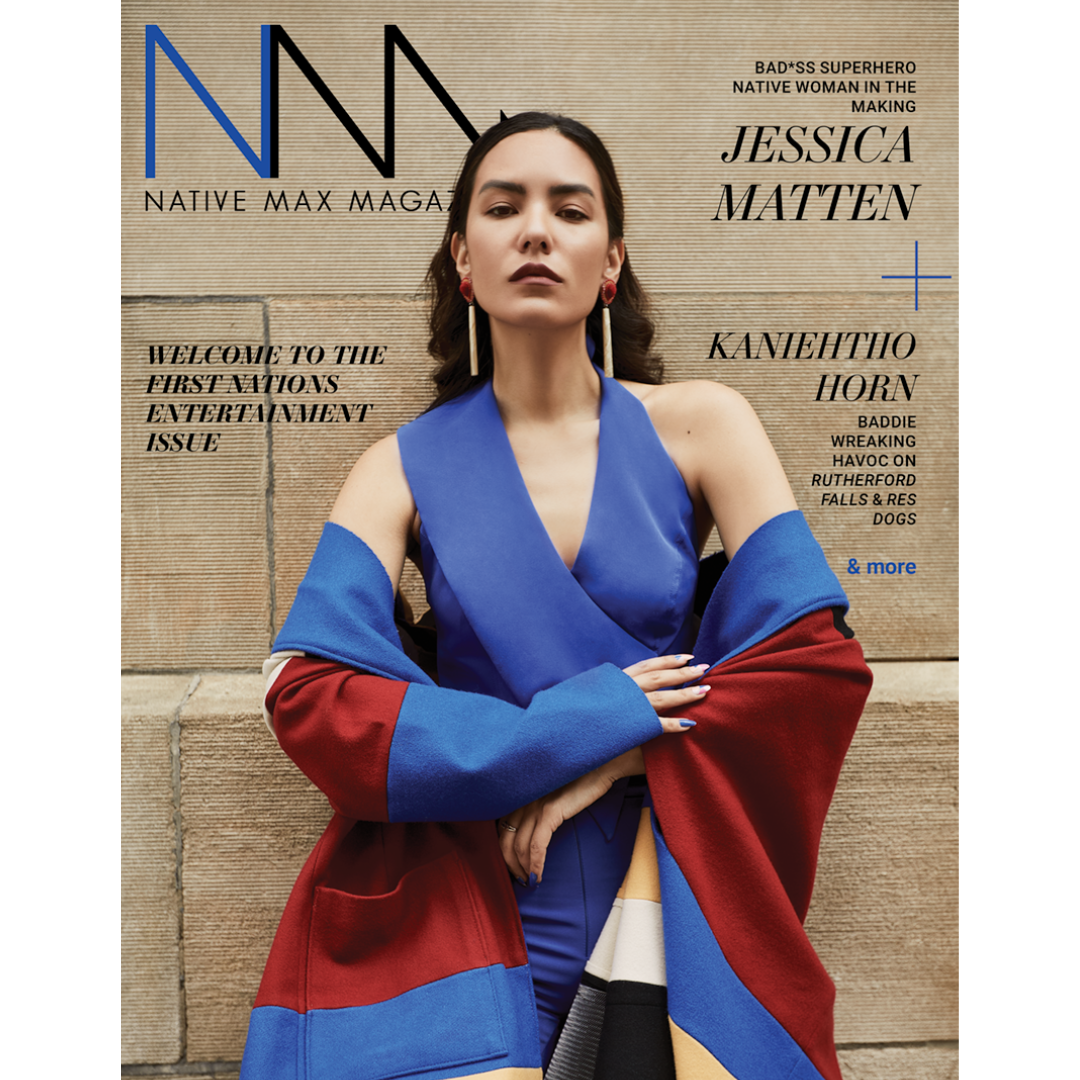The field for professional women photographers expanded substantially within the last century. Now, Native women are proving they are just as prolific and skillful as today’s top photographers across the world. We chat with Arapaho photographer Zoe Friday about how she honed her photography talents and where she finds her resilience in the ever-evolving male-dominated industry of photography.
ZOE FRIDAY
Arapaho
It was Zoe Friday’s grandmother who recognized her talent and encouraged her to explore photography. A versatile photographer, her genres range from art to commercial, both of which led her to photograph children, powwow dancers, celebrities, and even roaming buffalo. She’s currently in Los Angeles pursuing her education at The Art Institute of Hollywood California.
When did you first get into photography? When did you start taking it seriously?
My grandmother gave me my first camera for my eighth birthday. I was extremely fortunate to have someone who was able to recognize my talent and provide me the means to explore photography. My natural instinct to document life through the lens of a camera grew into more of a passion as I got older. I referred to it as a hobby during high school. Going to art school was unacceptable. I remember talking about it and people making feel like it was another ridiculous dream of mine. It wasn’t until my mid-twenties that I decided to pursue photography as a serious endeavor.
What sort of photography classes or courses have you taken?
In high school, I took every photography class I could. Developing film amazed me; the dark room became my home. I started taking online classes and attending Photoshop seminars in my spare time. After receiving a certificate from The New York Institute of Photography, I knew what I wanted to focus on. Relocating to Los Angeles, to study at The Art Institute of Hollywood California, was my best move to date.
Native women photographers are constantly overlooked, why do you think that is? How are you redefining that?
Being an Indigenous woman is a battle all in itself, let alone to be a professional Indigenous woman. Tough skin is something that we all develop throughout life. My personal oppressions have attributed to my drive for success and I’ve somehow managed to establish my presence in this competitive industry. Respect from men in this industry isn’t easily acquired. Discrimination still exists, but I choose not to be a victim of it. I’ve had some disappointing and discouraging experiences. People will always try to hold you back by focusing on your flaws. You have to learn how to turn it into positive energy and strength. When I think about young women and their dreams, my ambition to inspire gets stronger. I may not be the most positive role model but my intentions come from heart and I take that seriously. I want them to know they have every right to aspire in any profession they desire; I want them to have the courage to be fearless leaders. Most importantly, I want them to know their worth.
How do you capture Native beauty in your photography?
I like photographing women in my family. They’re so beautiful. Their strength, integrity and sacred existence are something I seek to express. The men in my family are just as beautiful. I watch them love, protect and provide for their families. Moments, when my people care for each other unconditionally, that’s what native beauty means to me.
Zoe Friday was originally featured in the Native Women’s’ Issue. Purchase your copy here.



